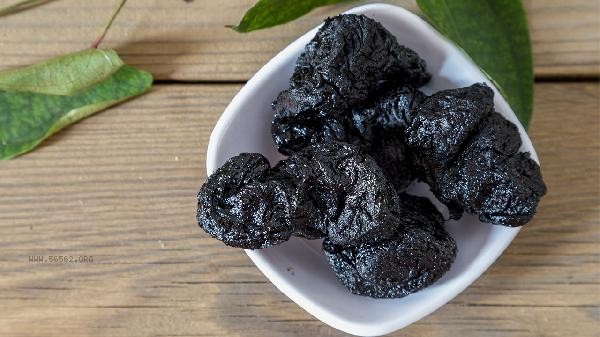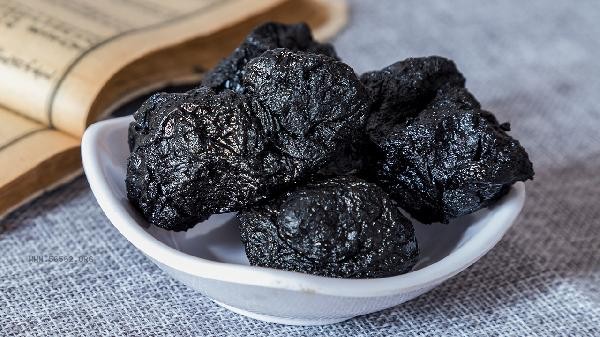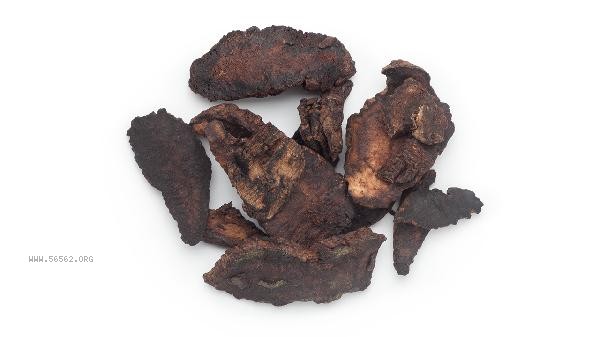People with yin deficiency and excessive fire, weak spleen and stomach, excessive phlegm and dampness, external fever, and pregnant women should use Rehmannia glutinosa with caution. Rehmannia glutinosa is a commonly used traditional Chinese medicine for nourishing the liver and kidneys, but symptoms may worsen when the constitution is too hot or there are specific pathological conditions present.

1. Individuals with Yin deficiency and excessive fire
Individuals with Yin deficiency and excessive fire constitution often experience symptoms such as hot flashes, night sweats, dry throat and mouth. Rehmannia glutinosa has a warm and greasy nature, which may promote deficiency fire. If such people need to nourish yin, they can use raw rehmannia in combination with other heat clearing herbs such as Anemarrhena asphodeloides, or use traditional Chinese patent medicines and simple preparations such as concentrated pills of Liuwei Rehmannia Pills and honey pills of Zhibai Rehmannia Pills as instructed by doctors.
2. Patients with weak spleen and stomach
The sticky texture of Rehmannia glutinosa can easily hinder the circulation of the spleen and stomach. Patients with weak spleen and stomach may experience bloating and diarrhea after taking it. It is recommended to first regulate the function of the spleen and stomach. It can be combined with qi regulating herbs such as sand kernels and tangerine peel, or used with spleen strengthening drugs such as Xiangsha Liujun Wan Shui Wan and Shenling Baizhu San granules. During use, digestive reactions should be observed.
3. Those with excessive phlegm and dampness
Those with phlegm and dampness constitution have thick and greasy tongue coating and a slightly overweight body. The greasy characteristic of Rehmannia glutinosa may exacerbate phlegm and dampness stagnation. This group of people should first use expectorant and dampness reducing drugs such as Er Chen Wan Shui Wan and Ping Wei San granules, and then consider using them in combination after the phlegm and dampness are reduced. Daily diet should avoid greasy and rich flavors.

4. People with external fever
Taking nourishing traditional Chinese medicine during the cold and fever period may close the door and retain the essence, while Rehmannia glutinosa may hinder the transmission of pathogenic factors. It should be used only after the external symptoms have completely subsided. In the acute phase, drugs such as Yinqiao Jiedu tablets and Lianhua Qingwen capsules can be used to relieve external symptoms. During fever, it is recommended to drink warm water and maintain rest.
5. Pregnant women
Pregnant women have special constitutions, and the blood activating effect of Rehmannia glutinosa may affect fetal stability. If there are indeed symptoms of yin deficiency that require nourishment, it is recommended to combine traditional Chinese medicine herbs such as Scutellaria baicalensis and atractylodes macrocephala under the guidance of a traditional Chinese medicine practitioner. Consider using safer formulations such as Shoutai Wan and Shumi Wan to avoid using large amounts of Rehmannia glutinosa alone.

Before using Rehmannia glutinosa, it is recommended to consult a traditional Chinese medicine practitioner for diagnosis and treatment. During the period of use, avoid consuming substances such as radish and strong tea that can break the qi. Discontinue use when adverse reactions such as decreased appetite and loose stools occur. In daily life, gentle exercises such as Ba Duan Jin and Tai Chi can help with the circulation of qi and blood. The diet should be light and easy to digest, avoiding stagnation caused by taking it together with other tonics.








Comments (0)
Leave a Comment
No comments yet
Be the first to share your thoughts!